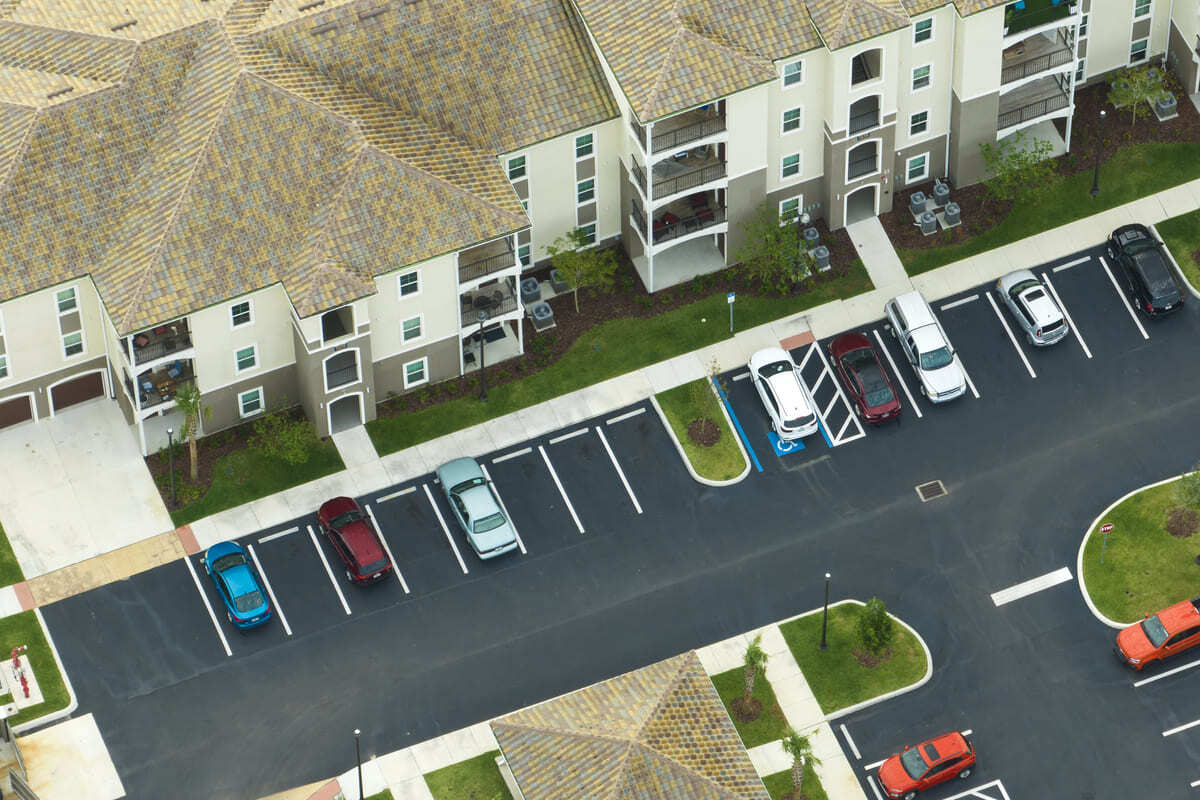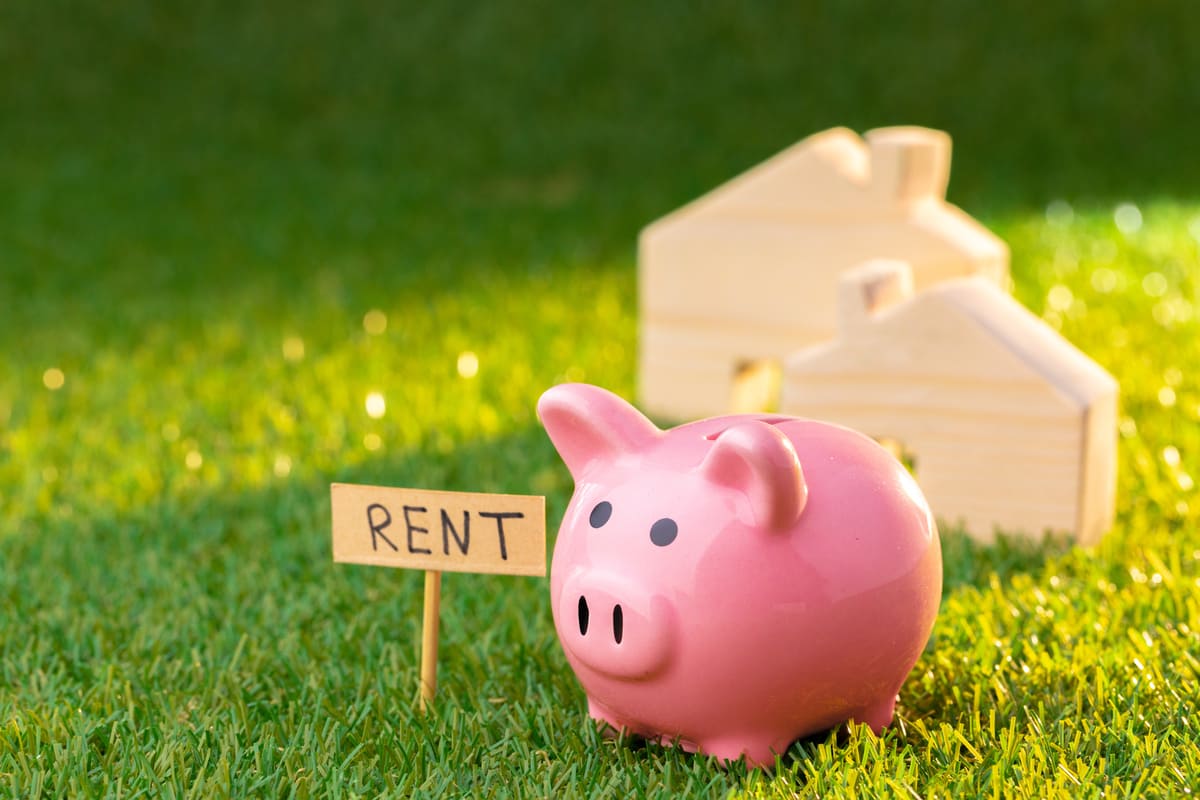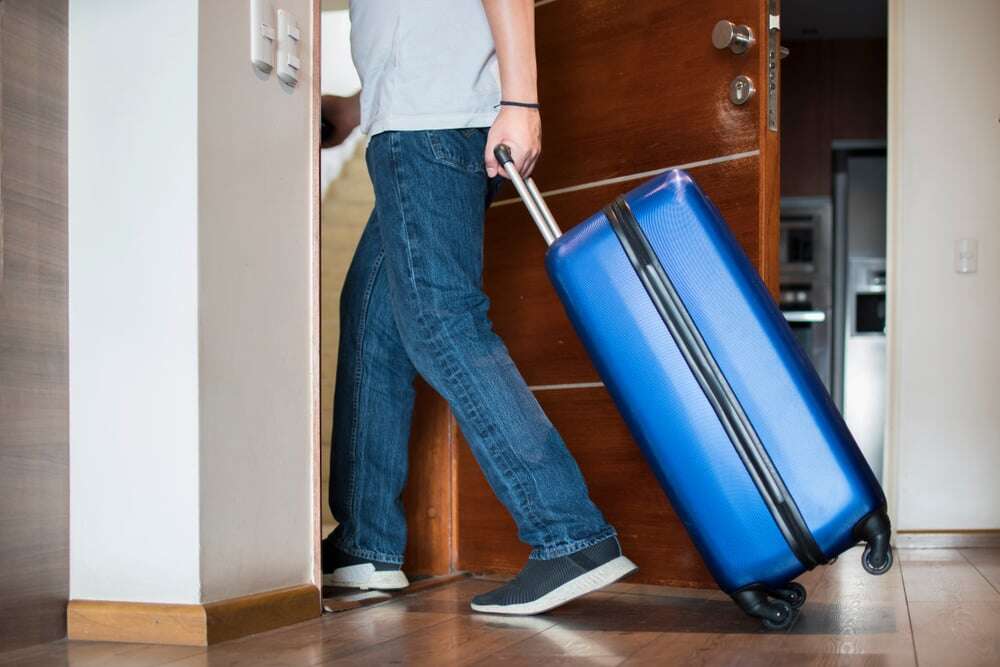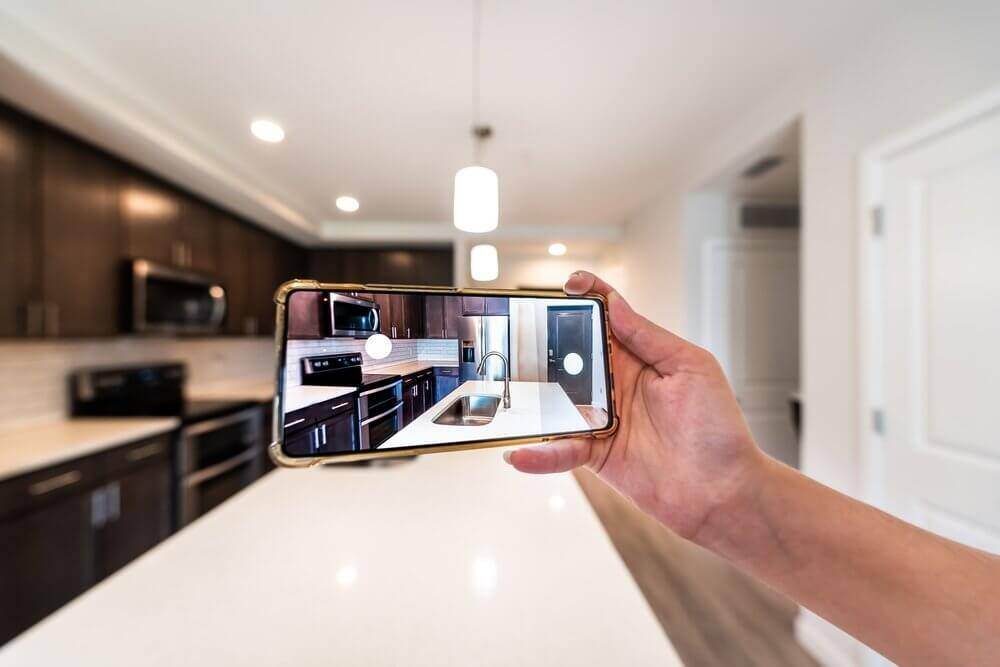Maintaining an apartment can be both a rewarding and daunting experience. While some repairs and maintenance tasks are simple enough for renters to handle on their own, others may require the expertise of the apartment manager or maintenance team. Knowing when to tackle a repair yourself and when to call in the professionals is key to keeping your apartment in top shape and avoiding any potential damage or further complications. In this blog, we'll explore the differences between DIY and professional repairs and provide guidelines to help you confidently navigate apartment maintenance.
Understanding Your Lease Agreement
Before tackling any repair tasks, it's important to thoroughly review your lease agreement. Many leases outline the responsibilities of both the resident and the landlord regarding maintenance and repairs. This document often specifies which repairs are the renter's responsibility and which fall under the landlord's jurisdiction. Understanding these details will prevent unnecessary disputes and ensure that both parties are clear on their obligations.
DIY Repairs: When to Take Matters into Your Own Hands
Certain minor repairs and maintenance tasks can be easily handled by renters. These typically involve simple fixes that do not require specialized skills or tools. Before attempting a repair on your own, you’ll want to make sure you have access to the proper equipment and expertise to make the repair. Here are some common examples of DIY repairs:
Basic Cleaning and Upkeep
Regular cleaning and basic maintenance are the responsibility of the resident. This includes tasks such as vacuuming, dusting, mopping floors, cleaning appliances, and providing basic care to mitigate the effects of wear and tear on basic appliances and furniture. Keeping your apartment clean not only enhances your living environment but also prevents potential future issues from arising.
In addition to these basic responsibilities, the following minor repair tasks may also fall under the resident’s purview:
Replacing Light Bulbs
Changing a light bulb is a straightforward task that most renters can handle. Make sure you have the correct type and wattage of bulb for the fixture, and follow necessary safety precautions such as shutting off power to the affected area to avoid accidents.
Unclogging Drains
Minor clogs in sinks, bathtubs, and showers can often be resolved with basic tools like a plunger. Using a mixture of baking soda and vinegar may also help break down clogs and clear drains, but be sure to not use commercial drain opening products, such as Draino.
Each of these tasks could fall under the responsibility of the renter, though as stated above, you’ll always want to look over your renter’s agreement to make sure you’re dealing with each issue appropriately.
When to Call the Manager: Recognizing Complex Repairs
While some repairs can be tackled independently, others require the expertise and resources of your apartment manager or maintenance team. Attempting complex repairs on your own can lead to further damage, safety hazards, and potential lease violations. Here are situations where you should definitely call the manager:
Electrical Issues
Any electrical problems, such as faulty wiring, non-functional outlets, or tripped breakers, should be addressed by a professional. Electrical repairs can be dangerous and require specialized knowledge.
Plumbing Problems
Major plumbing issues, like burst pipes, persistent leaks, or water heater malfunctions, should be reported to the maintenance team immediately. Attempting to fix these problems without proper training can lead to flooding and extensive damage.
HVAC System Malfunctions
Issues with heating, ventilation, and air conditioning (HVAC) systems should be handled by qualified technicians. Regular maintenance of these systems is typically the responsibility of the landlord, and attempting DIY repairs can void warranties and cause further complications.
Structural Damage
Any damage to the structural integrity of the building, such as cracks in walls, ceilings, or floors, should be reported to the apartment manager. These issues can pose safety risks and require professional assessment and repair.
Pest Infestations
If you notice signs of a pest infestation, such as rodents, insects, or termites, contact the apartment manager immediately. Pest control professionals are equipped to handle these situations effectively and prevent further infestations.
Communication is Key
When faced with a repair issue that requires professional assistance, clear communication with your apartment manager or maintenance team is crucial. Follow these steps for a smooth-as-possible process:
Report the Issue Promptly
As soon as you notice a problem that requires professional attention, report it to your apartment manager or maintenance team. Delaying repairs can lead to further damage and inconvenience.
Provide Detailed Information
When reporting an issue, provide as much detail as possible. Describe the problem, its location, and any relevant observations. This information will help the maintenance team diagnose and address the issue more efficiently.
Follow Up
If the repair is not addressed promptly, follow up with the apartment manager to check the status of the issue being taken care of. Keep records of your communication to reference if needed.
Preventative Maintenance Tips
In addition to knowing when to handle repairs yourself and when to call the manager, practicing preventative maintenance can help you avoid many common issues. Here are some tips to keep your apartment in top condition:
Regularly Inspect Your Apartment
Conduct routine inspections of your apartment to identify any potential problems early. Look for signs of leaks, cracks, or wear and tear that may require attention.
Keep Appliances Clean
Clean and maintain appliances regularly so they function properly. Remove lint from dryer vents, clean refrigerator coils, and descale coffee makers to extend their lifespan.
Test Smoke Detectors
Test smoke detectors and carbon monoxide alarms regularly to double check they are working correctly. Replace batteries as needed to keep your apartment safe.
Mind Your Plumbing
Do not put grease, oil, or food scraps down the drain, as these can cause clogs. Drain screens are excellent for catching debris and preventing it from entering the plumbing system.
Final Thoughts
Navigating apartment repairs can be a straightforward process when you know when to tackle tasks yourself and when to submit a maintenance request to your apartment manager. By understanding your lease agreement, recognizing the difference between minor and complex repairs, and practicing preventative maintenance, you can keep your apartment in excellent condition and enjoy a hassle-free living experience.
Remember, it’s important to maintain clear communication with your apartment manager and maintenance team so that any issues are promptly and effectively addressed. With these guidelines in mind, you'll be well-equipped to handle apartment maintenance with confidence.
.png)









